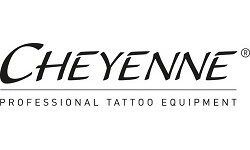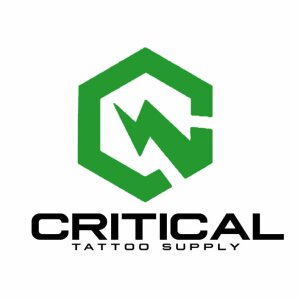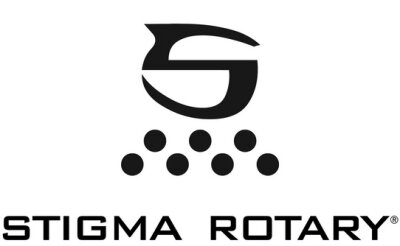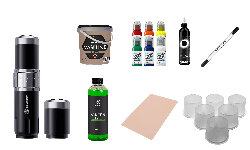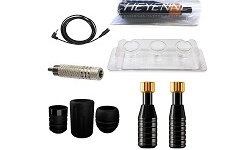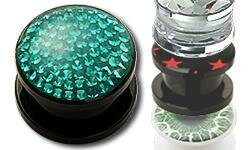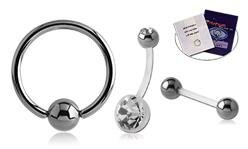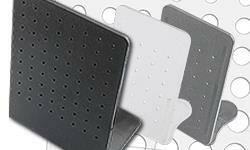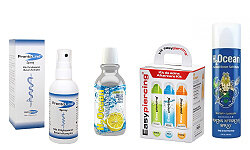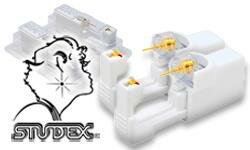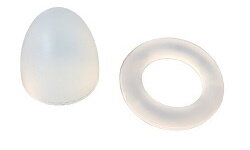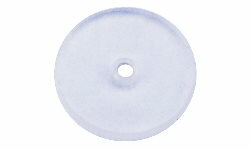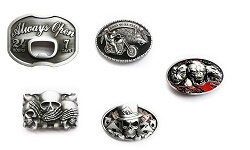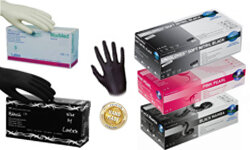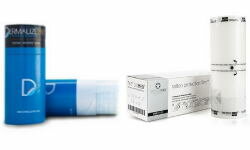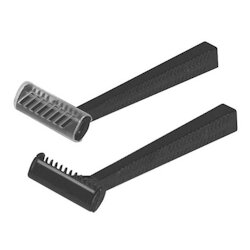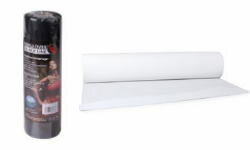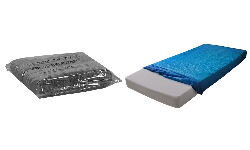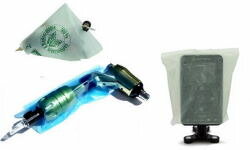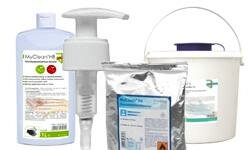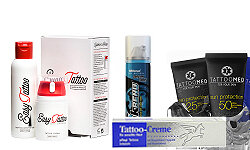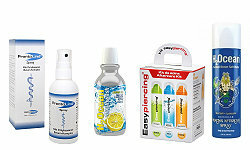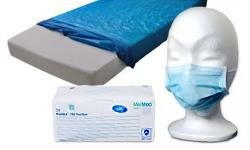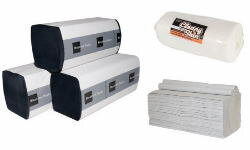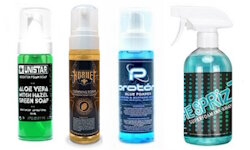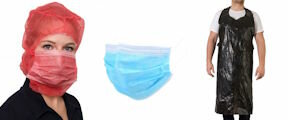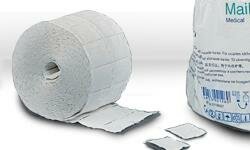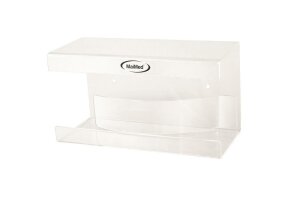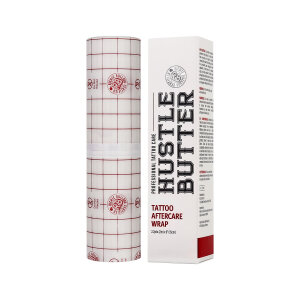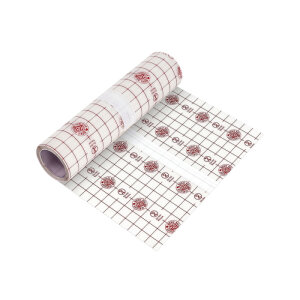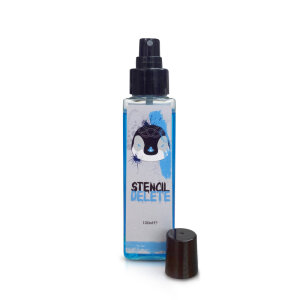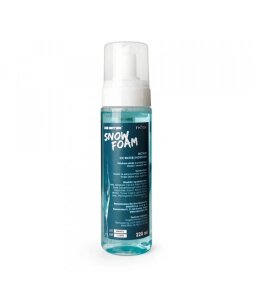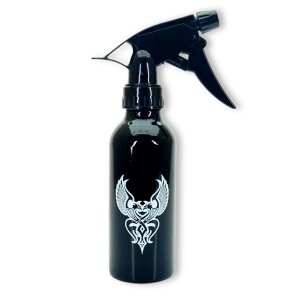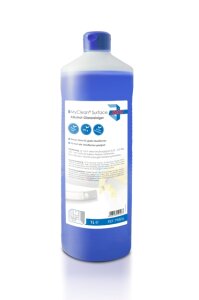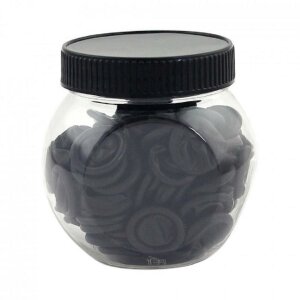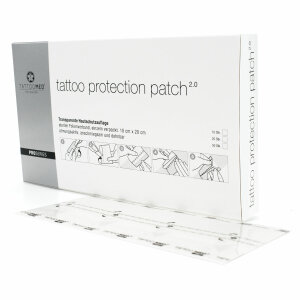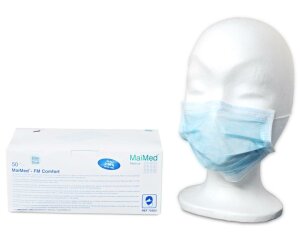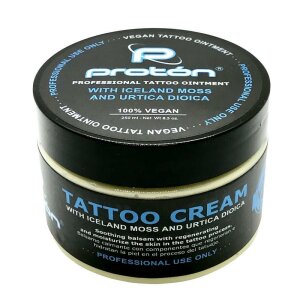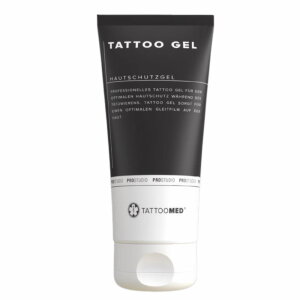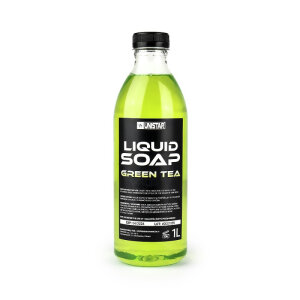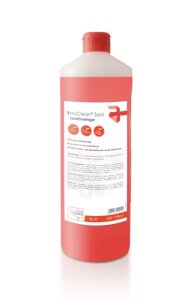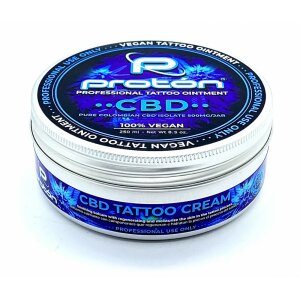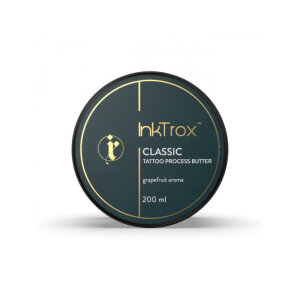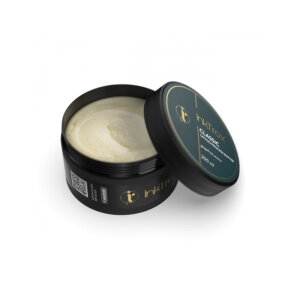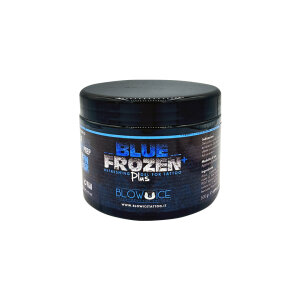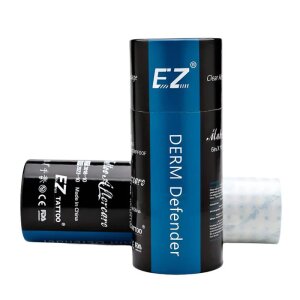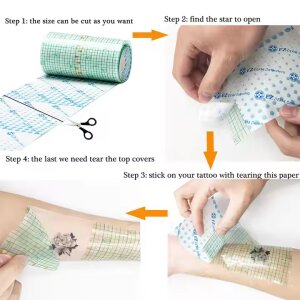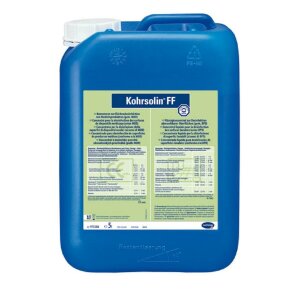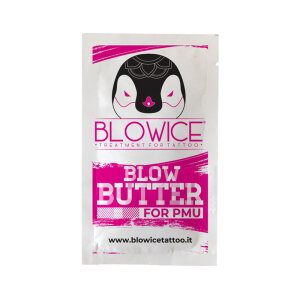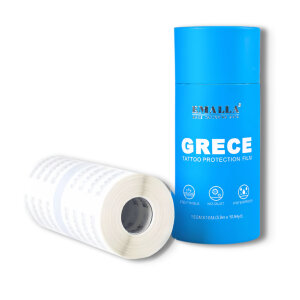Tattoo Hygiene: An Indispensable Guide to Safety and Care
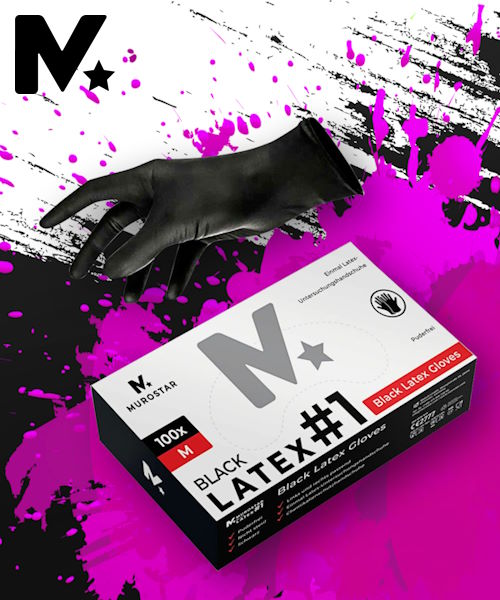
In the world of tattoo art, hygiene is not only a professional necessity but also a fundamental aspect that directly affects the health of both clients and tattoo artists. The following guide provides a comprehensive overview of the various hygiene products that should be used in a tattoo studio and explains their importance for a safe tattoo practice.
1. Gloves: The First Line of Defense
Gloves are the first and perhaps most important hygiene tool in any tattoo studio. They serve to create a barrier between the tattoo artist's hands and the client to prevent cross-contamination. Disposable gloves made of Nitrile or Latex should be worn during every tattoo session. Nitrile gloves are particularly recommended due to their hypoallergenic properties and resistance to punctures. It is important that gloves are changed after each client and disposed of immediately after use.
2. Disinfection: Cleanliness is Mandatory
Thorough disinfection is mandatory in every tattoo studio. This includes using disinfectants for the client's skin as well as for all surfaces and instruments in the studio. Effective sprays and cleaning solutions should be used to clean work surfaces, beds, and non-sterilizable equipment. It is essential that all products comply with applicable standards and are effective against a broad spectrum of pathogens.
3. Mattress Protectors: A Clean Working Surface
Mattress protectors and protective covers are used to keep the lying surfaces in a tattoo studio clean and free from contaminants. They are typically waterproof and prevent blood, ink, and other fluids from penetrating the padding. Disposable options or easy-to-clean materials are ideal for maintaining hygiene standards and preventing cross-contamination.
4. Foam & Cleansing Foam: Gentle Cleaning
Foam and cleansing foams are specifically designed for the gentle cleaning of fresh tattoos. They effectively remove excess ink and blood without irritating the sensitive skin. These products are often enriched with skin-soothing additives that help reduce redness and swelling.
5. Sterilization: Essential for Every Equipment
Sterilizing reusable instruments is a critical step in tattoo hygiene. Autoclaves are the most commonly used devices for sterilization, as they kill all microorganisms through heat and pressure. It is essential that all reusable parts such as needles, grips, and tips are regularly sterilized after each use.
6. Film Dressing: Protection for the Fresh Tattoo
Film dressings are a modern solution for the aftercare of freshly tattooed skin. They protect the wound from infections and prevent bacteria and other contaminants from coming into contact with the tattoo. A high-quality film dressing is breathable and allows the skin to breathe during the healing phase. Products like Dermalize or Saniderm are popular because they accelerate healing and improve color retention.
7. Bandage Material: Securing Wound Healing
Bandage material is essential for covering and protecting a freshly tattooed area. Sterile compresses and bandages help keep the tattoo site clean and provide additional protection against external influences. It is important that the bandage material allows the skin to breathe while also providing protection.
8. Tattoo Aftercare: Care After the Procedure
Aftercare of a tattoo is crucial for the outcome and longevity of the artwork. Tattoo aftercare products such as ointments, creams, and lotions help soothe the skin, retain moisture, and reduce the formation of crusts. Popular brands offer specially formulated products containing ingredients like panthenol, shea butter, and tea tree oil to support healing and minimize the risk of infection.
Conclusion on Tattoo Hygiene
Adhering to strict hygiene guidelines is not only a matter of professionalism but also an expression of respect for customers. By using the right hygiene products, a tattoo studio can ensure that each client has a safe and enjoyable experience and that the final result is both aesthetically pleasing and hygienically flawless. Every aspect of tattoo hygiene contributes to minimizing the risk of infections and ensuring the health and satisfaction of customers.







 Black
Black White
White Grey
Grey Brown
Brown Red
Red Yellow
Yellow Pink
Pink Skin Tones
Skin Tones Orange
Orange Violet
Violet Green
Green Blue
Blue



